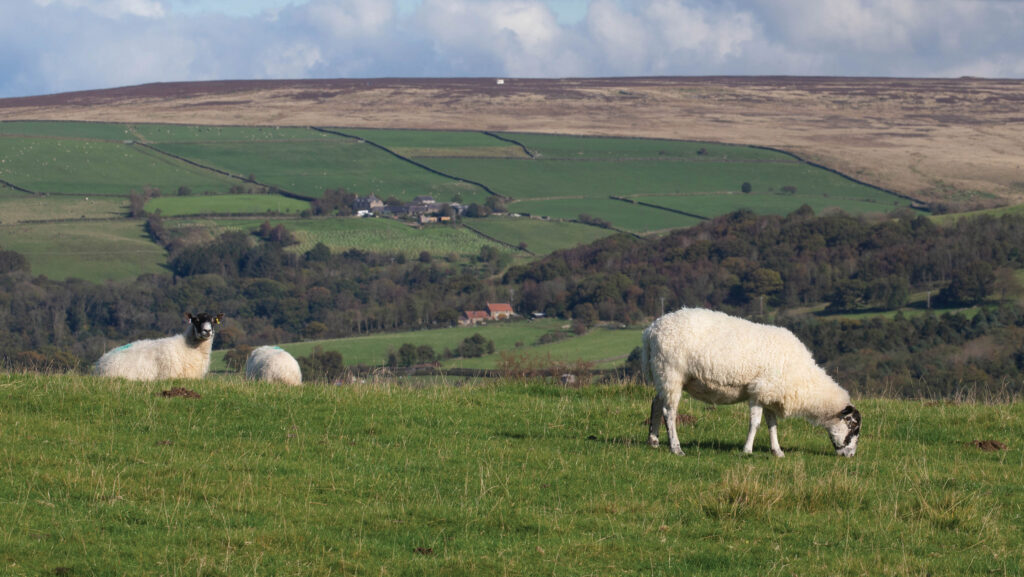Labour mayor seeks new assessment on impact of ‘death tax’
 © Tim Scrivener
© Tim Scrivener Discontent is growing among Labour politicians at the government’s planned changes to farm inheritance tax (IHT) relief, with one mayor ordering an impact assessment on the likely fallout for farming families in his county.
Labour mayor of York and North Yorkshire David Skaith wants to know how local farmers would be impacted and has authorised York and North Yorkshire Combined Authority to carry out a study.
See also: Editor’s View: ‘Bravo to all who came to make their voices heard’
Mr Skaith has held talks with representatives of his local farming community – a sector which he says is the authority’s “top priority” for the region’s 10-year “Grow Yorkshire” growth plan.
He has also written to Defra secretary Steve Reed to outline that priority.
The impact assessment will be carried out in conjunction with partners, including the NFU and the Country Land and Business Association (CLA).
The NFU is currently giving further scrutiny to its own figures, including the number of farmers who will come within scope of the reforms to agricultural property relief (APR) and business property relief (BPR), and is expected to release these in the coming days.
Questions
Meanwhile, Labour MP for Montgomeryshire and Glyndŵr Steve Witherden has raised questions about the Treasury’s modelling, which suggests about 500 farmers a year are likely to pay any IHT after making use of allowances.
He has asked for more details, and also told The Telegraph that changes to the plans may be necessary to protect family farms.
“It’s not remotely uncommon for any legislation to go through various phases.
“There’ll be the opportunity for backbench MPs like myself to feed into that debate,” he told the newspaper.
Pressure
Pressure on the government to change its policy has also come from Labour peer Baroness Mallalieu, who is president of the Countryside Alliance, and was at the farmer rally in London earlier this week.
She suggested that the Budget policy was the result of “hurried” decision-making by the Treasury, “without consultation with anybody, including Defra”.
“Sadly, this will only underline the perception that Labour has become an urban party, divorced from the big section of the community that lives and works in the countryside,” she said.
The peer pointed out that, before the July general election, the Labour Party had indicated that it would not remove APR.
“The proposal is causing enormous anxiety and distress in a community that is already suffering,” she said.
